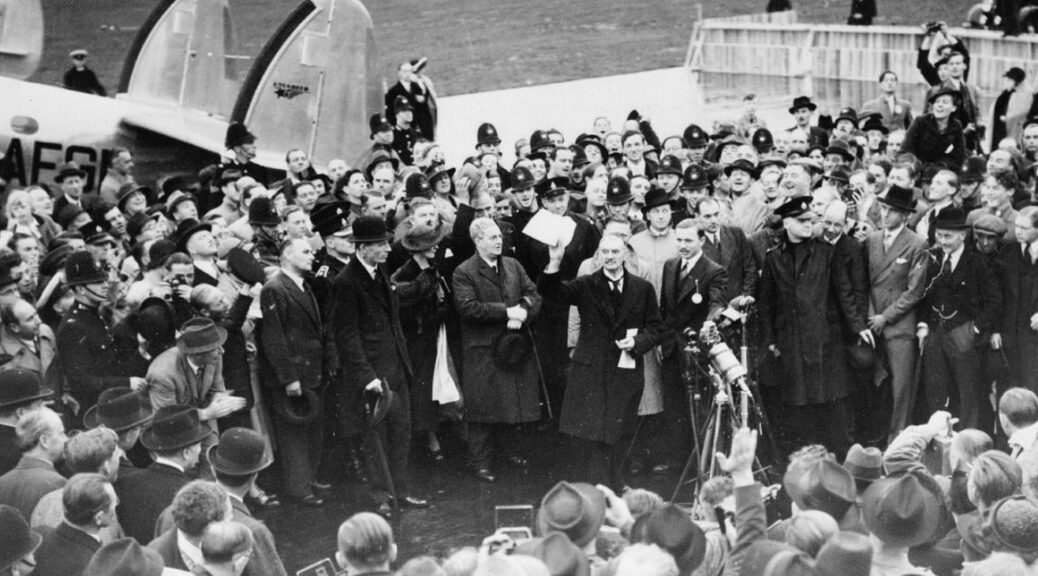
Winston Churchill on Peace with Hitler
Q: Peace or Armistice in 1940?
It is argued, strongly in John Charmley’s Churchill: The End of Glory, that Churchill’s singleminded obsession with Hitler blinded him to the longterm implications for Britain. He had the opportunity to back away from the Hitler war, goes the argument. But alliance with the Soviets after Hitler’s attack on Russia in June 1941 led to the end of Empire and Britain’s decline. What do you think? —R.H., Plano, Texas
A: “You’re only saying that to be provocative…”
The peace option in 1940 is a long-running debate. Professor Charmley’s was one of the best defenses of it. Hitler was certainly Churchill’s obsession. Was it a good obsession to have? Given the situation at the time, there is a good argument that it was.
A recollection by Churchill’s last private secretary, the late Sir Anthony Montague Browne, contains what may have been his best response to this question. I first heard it when Sir Anthony addressed our Churchill dinner at the Hotel Savoy in 1985. It later appeared in his book, Long Sunset, 1995:
In the autumn of 1955, I dined alone with [WSC] for 17 evenings. Those evenings alone with an octogenarian were utterly fascinating. All sorts of curious pieces of information came out…. Concerning 1940, I played the Devil’s Advocate. Leaving aside the appalling issue of the extermination camps, which was then not evident, would it have been better if we had joined the New Order, as a substantial part of France was then inclined to do?
Would the monstrous tyranny of Stalinism have been brought to an end? Hitler most certainly would have attacked Russia and, unharassed in the West, almost certainly would have won. Would the equally monstrous tyranny of the Nazi regime have been mitigated or abbreviated by British influence? Hitler had always respected Britain. Would we have kept our Empire and our financial strength?
***
Churchill’s reply was brief:
You’re only saying that to be provocative. You know very well we couldn’t have made peace on the heels of a terrible defeat. The country wouldn’t have stood for it. And what makes you think that we could have trusted Hitler’s word—particularly as he could have had Russian resources behind him? At best we would have been a German client state, and there’s not much in that.
Incidentally, this is also a good reply to historians who insist that Churchill always placed Britain’s interests first. In 1940, he clearly acted in the interests of the world, and of civilization. (See “Churchill: What We Mean by Civilization.”)
Of course, as some thoughtful historians would say, Churchill was as willing to trust Stalin’s word at Teheran and Yalta as, say, Chamberlain was to trust Hitler’s word at Godesberg and Munich. But that is another and more complicated story.






